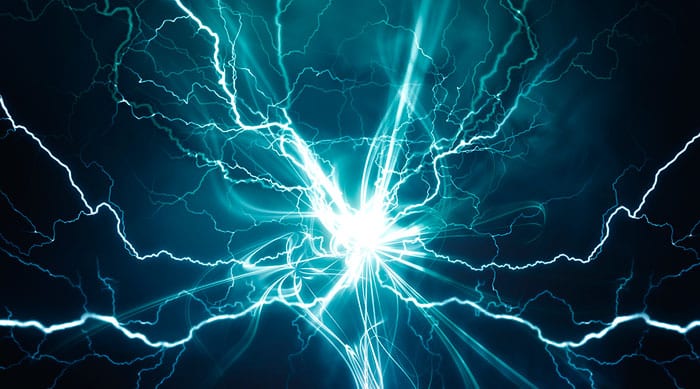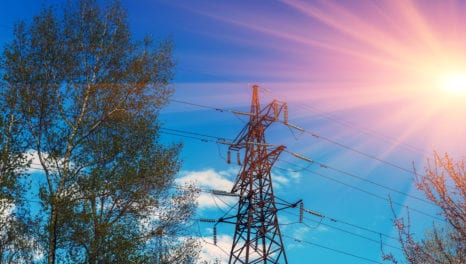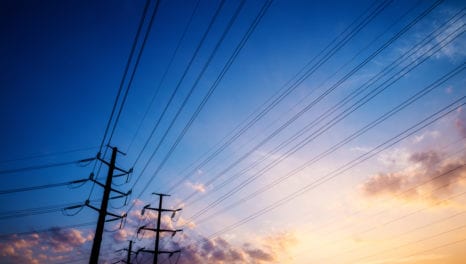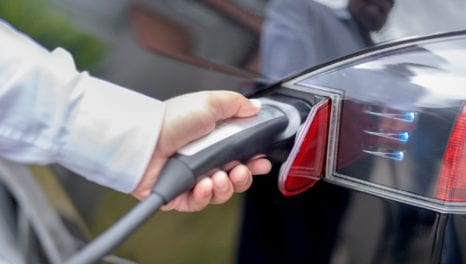Public want energy companies to pay fair share towards transition costs
The public may reject further energy transition costs unless energy companies pay their fair share, according to research published by the UK Energy Research Centre.
15th January 2019 by Networks

Although the British public supports a transition to a low-carbon energy system, it will also bring additional costs, with the public likely to bear these, either indirectly through taxation or directly from energy bills.
Through surveying 3,150 members of the British public and a series of focus groups, the study team at Cardiff University reveal the groundswell of support for energy system change, whilst also highlighting the widespread mistrust of energy companies and government.
Primary responsibility for funding the energy transition was found to lie with energy companies and the government, the public were found to be responsible to a lesser degree. Many respondents thought that they were already paying substantially, while energy companies were seen to contribute little. It was therefore considered unfair to ask the public to take on more of the financial burden, while energy companies were perceived to be protecting their profit margins.
People support between 9-13% of their energy bills going towards environmental and social schemes, this is above the 7% per bill reported by Ofgem at the time of the research and presented to participants. Willingness to contribute financially towards the energy transition was found to be dependent on the perception that energy companies and government were also contributing and showing real commitment to energy system change. Those with a greater perception of this behaviour were found to accept higher costs on their bills.
Respondents were sceptical of the actions and investment by energy companies and government. Many reported that they did not trust information published by energy companies, the government or the regulator. Distrust of energy companies related to concerns regarding the levels and allocation of profit, highlighting the perception that a privatised energy system prioritises profit over affordability and low-carbon energy. 51% of respondents were found to support heavy regulation, or nationalisation of the energy companies. Whilst the trust in the government was found to be at a low level, it was higher than trust in energy companies. Crucially, distrust in government seemed to stem largely from perceived close connections with the energy industry.
Dr Christina Demski, UKERC researcher, Cardiff University said: “The UK Committee on Climate Change estimates that 15% of bills will need to go towards levies by 2030 to meet emissions reductions required by the fifth carbon budget, but only one out of five of those questioned found levies this high acceptable.
Increasing the financial burden on the public without addressing concerns about how costs are distributed will likely result in further distrust and jeopardise public support for the energy transition.”
Comments
Login on register to comment
Related content

Power
The future for vegetation management
Why networks should focus on data not trees to overcome the costly challenges involved in vegetation management

Power
An unprecedented opportunity for change
Why short interruptions will matter in RIIO-ED2 and how to address them.

Power
Funding for SSEN electric vehicle scheme
Innovation initiative will bring forward portable EV charging devices
Related supplier content

Power
Load patterns and lockdown: how Covid-19 is impacting electricity networks
Insights into dynamics on the low voltage network as the outbreak unfolds

Downloads
Protect electrical equipment from insulation failure
Insulation faults are a major cause leading to the eventual failure of electrical equipment. Partial discharge (PD) is a very reliable indicator of developing insulation faults. Regular PD testing allows users to detect and analyze PD activity

Heat
How E.ON. is helping the City of London become a zero emissions city
Discover Citigen. Deep in the heart of our bustling capital